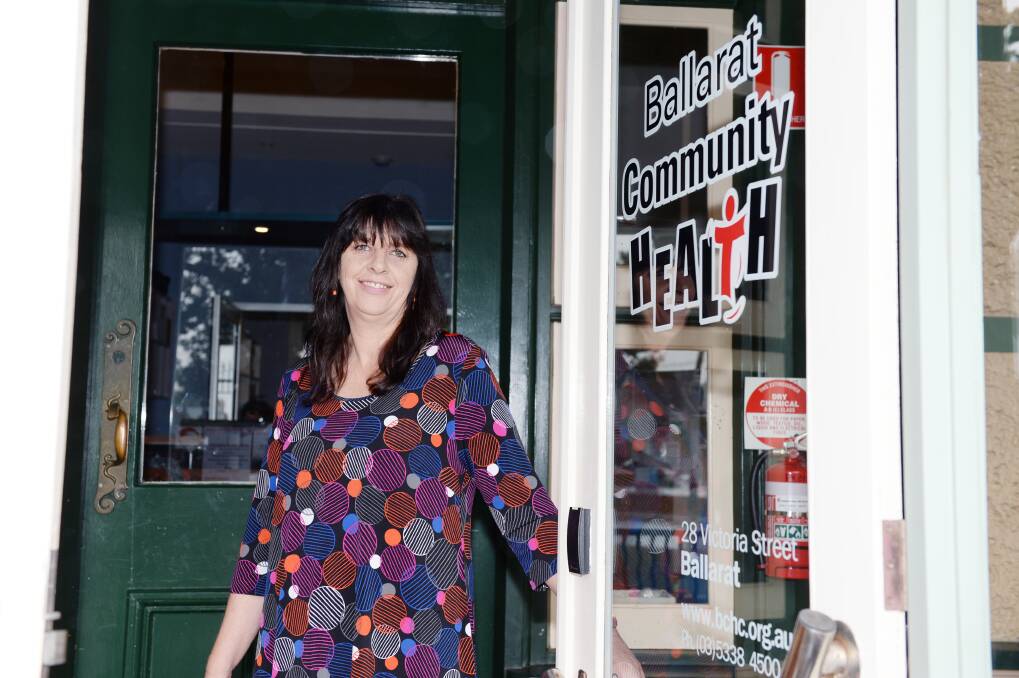
Women looking after children during the coronavirus lockdown reported the biggest rise in drinking of any group of adults during May, according to a new study.
Subscribe now for unlimited access.
or signup to continue reading
The stresses of home schooling and the absence of out of home activities, along with the uncertainty about employment, health and the general impacts of COVID-19, drove Australian women to consume more alcohol.
More than 3200 Australian adults were polled about their drinking habits with the study revealing almost one in four women, and almost one in five men, who drank at all had increased their drinking during May.
"For males, a strong predictor for increased drinking was because of a loss of job or decline in working hours. For females, a strong predictor for increased drinking was having a child-caring role," said Professor Nicholas Biddle from the Australian National University's Centre for Social Research and Methods.
The main reason given for an increase in drinking, for both males and females, was spending more time at home.
- Professor Nicholas Biddle
Psychological distress also ranked highly for both sexes, but particularly men.
The main reason given for an increase in drinking, for men and women, was spending more time at home. For 67.3 per cent of men, and 63.7 per cent of women, this was the reason their drinking increased.
"Increased stress was the second biggest driver for females, with 41.9 per cent of females saying this was the cause of their increased drinking," he said.
"For males, boredom was the second-biggest motivating factor, with 49 per cent attributing their increased drinking to that."

Participants were asked how often and how much they drank during, and before, the spread of COVID-19. Just under half who said they drank more had poured themselves an extra one or two standard drinks per week, and more than a quarter reported an increase of three to four standard drinks.
Men and women who already reported frequent rates of alcohol consumption before the COVID-19 pandemic were more likely to report they had upped their alcohol intake during the pandemic.
"Those individuals who increased from an already high base, or those who have had an increase in alcohol consumption alongside a worsening in mental health outcomes, are likely to be of the greatest concern for public policy," Professor Biddle said.
Overall, 20 per cent of people said they had drunk more alcohol during the coronavirus pandemic compared with 27 per cent who said they were drinking less.
And despite panic buying of alcohol in the early days of COVID-19 restrictions when one in five people admitted to buying more alcohol than usual, alcohol spending since the week ending March 27 has been lower compared to the same weeks in 2019.
IN OTHER NEWS
Last month, Ballarat Community Health manager of alcohol and other drug services Suzanne Powell warned changed drinking habits at home could go unnoticed until they became a problem.
"We are waiting to see what will happen at the end of this when restrictions are eased off and people go back to work and are not coping quite so well because they don't have the access to alcohol they had at home," Ms Powell said.
"We expect people will have longer term issues around this which may take the form of dependency, physical and mental health issues."
If you are seeing this message you are a loyal digital subscriber to The Courier, as we made this story available only to subscribers. Thankyou very much for your support and allowing us to continue telling Ballarat's story. We appreciate your support of journalism in our great city.













